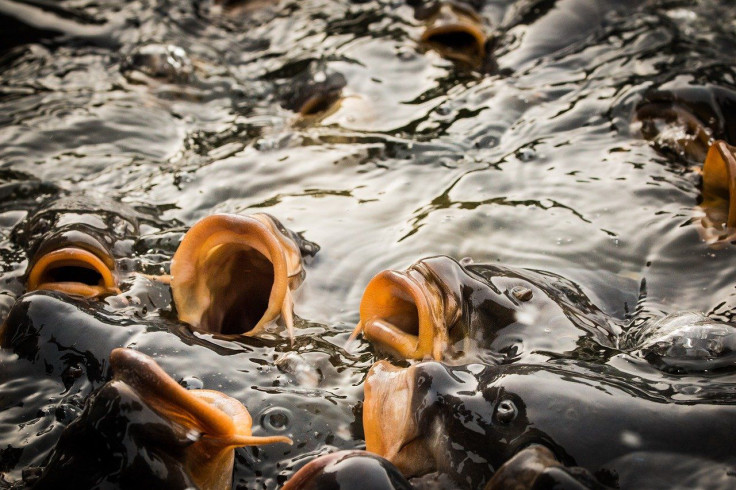Wisconsin Man Convicted For Selling 'Highly Destructive' Invasive Species
KEY POINTS
- Authorities began an investigation in 2018 after receiving a complaint
- The invasive carps can destroy the habitats of native fish
- The species sold by Ping Li were all intact
A man in Wisconsin has been convicted for illegally selling three species of "highly destructive" invasive carp. This is said to be the first such case in the state.
Authorities received a complaint from a member of the public and began an investigation in 2018, the Wisconsin Department of Natural Resources (DNR) said in a news release. The man, identified as Ping Li, who owns Li Fish Farm, had reportedly been selling invasive carp for several years.
The carps involved in this case are the "most prominent and highly destructive" invasive species in Wisconsin. They include the bighead carp, the silver carp and the grass carp. These species can destroy the habitats of native fish, DNR noted. The bighead carp, for instance, feeds on the primary food of many native fish, posing a "major threat to the Great Lakes $7 billion fishing industry."
In fact, these three species are at the top of the Great Lakes-St. Lawrence Governors and Premiers' "Least Wanted Aquatic Invasive Species (AIS) List." The list features species that pose an "imminent threat" to the Great Lakes-St. Lawrence River region.
Wisconsin law states that these invasive fish must be "eviscerated" or have their gills severed since they can survive out of the water for a day or even longer. Such measures ensure that the species cannot be revived.
However, almost all of the invasive carp that Li sold were "completely intact." Furthermore, he transported and delivered the carp using an unmarked refrigerated van, which is a violation of the law.
Li has been convicted of two misdemeanor crimes and 17 forfeiture violations. He has also been ordered to pay a $13,000 penalty.
"The laws around the Great Lakes states are in place to minimize the threat of these species finding their way into new waterways at the hands of humans," Lt. Robert Stroess, DNR warden administrator for Commercial Fishing and Aquatic Species in Trade Enforcement, said in the news release. "The laws serve as important protections for our native Wisconsin fish."
Apart from fish species, the Least Wanted AIS list also has other species that pose a threat to the region. This includes the killer shrimp, which is capable of eliminating a "wide range of species" soon after invading an area, the golden mussel, which is capable of "prolific colonization," and the hydrilla plant, which has been described as "perhaps the worst aquatic weed in the United States."

© Copyright IBTimes 2025. All rights reserved.






















